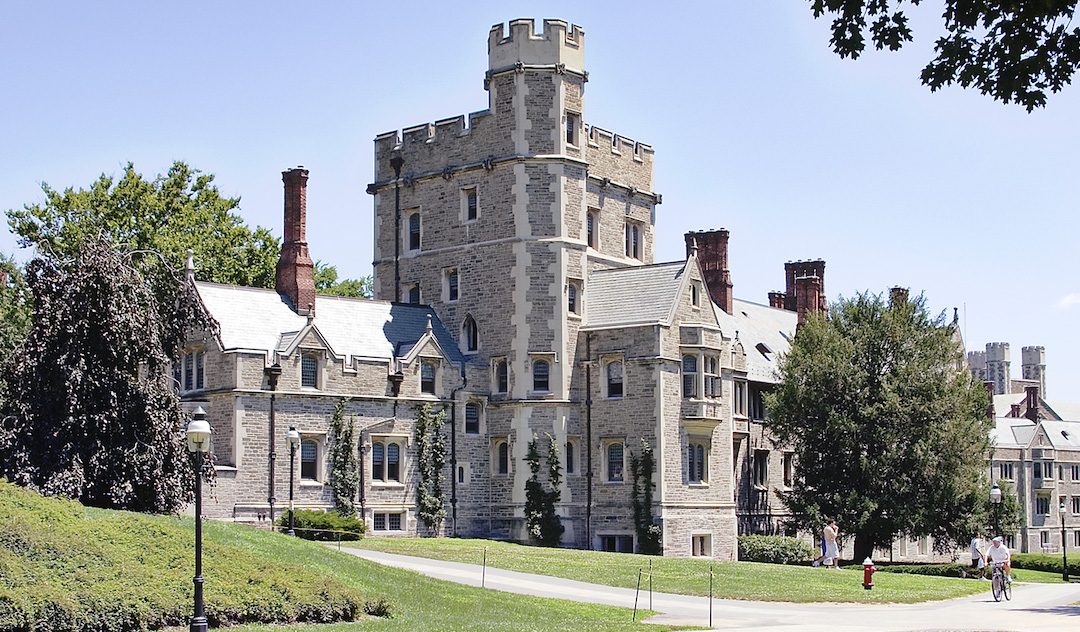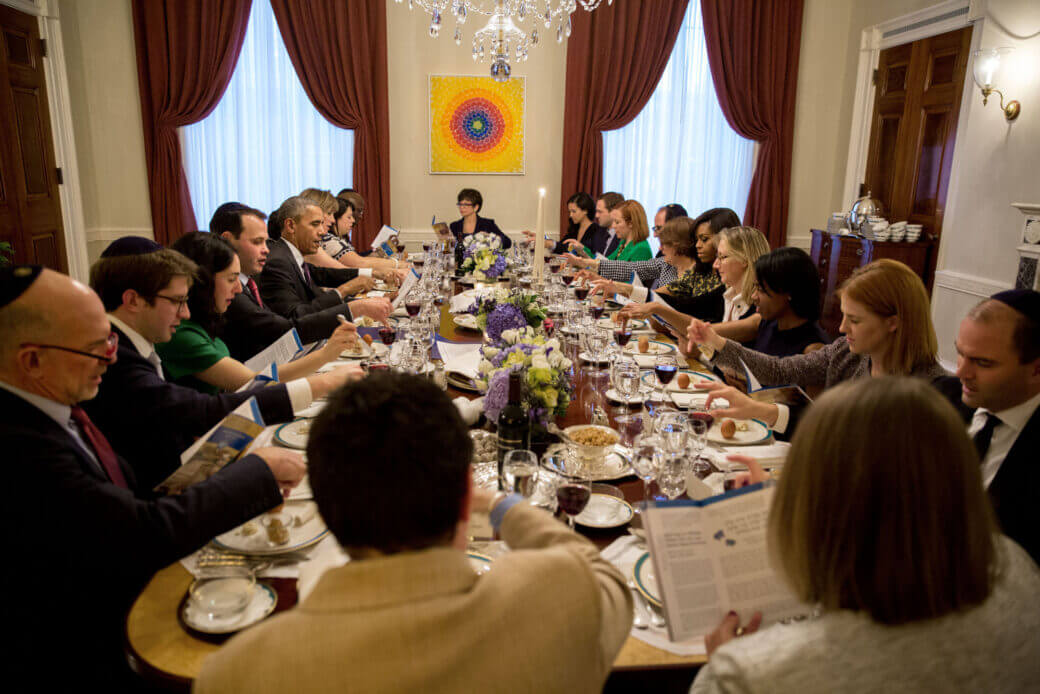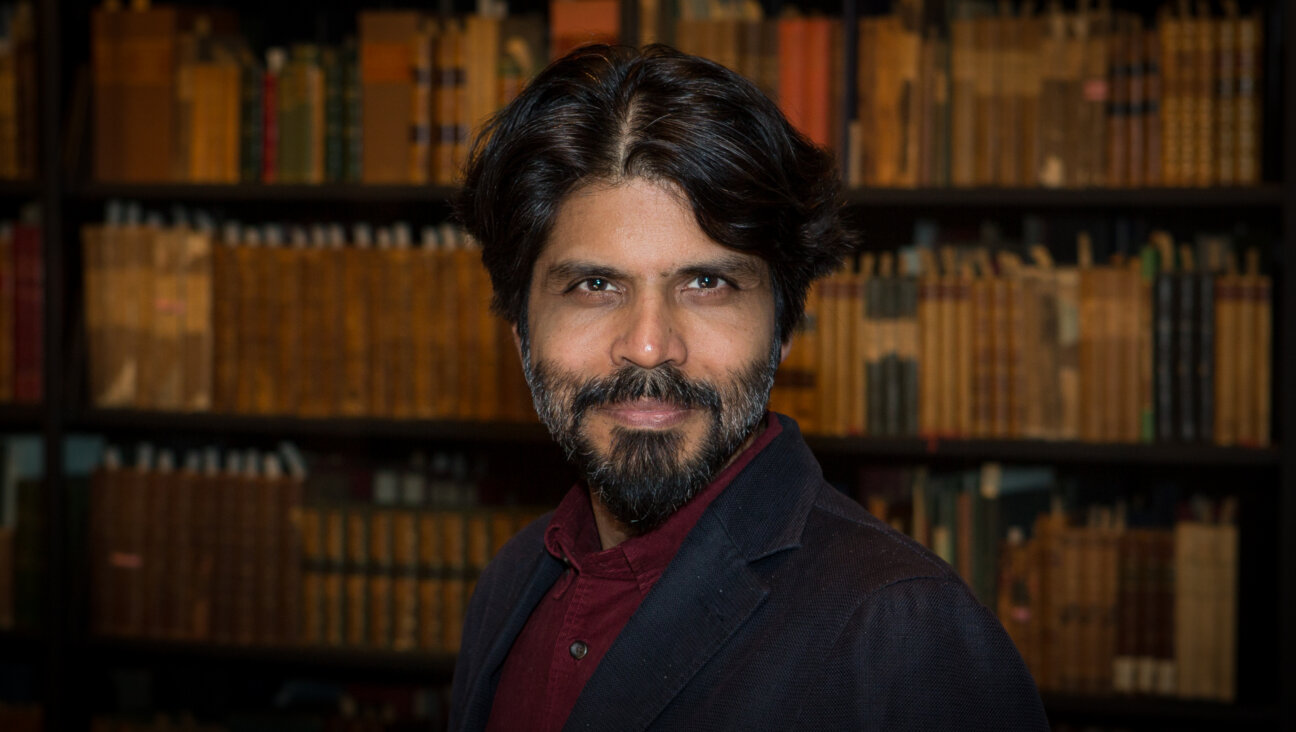Happy Ladino Day — How To Celebrate An Endangered Language

A Spanish troubadour Image by iStock
Today is International Ladino Day at the University of Washington in Seattle, where the seventh annual celebration of Ladino, the mother tongue of generations of Sephardic Jews, will take place. This year’s event theme is “De la fasha asta la mortaja: From the cradle to the grave.”
The celebration comes at a critical time in the language’s history, as Ladino has been designated an “endangered language” by UNESCO.
Also known as Judeo-Spanish, or Judezmo, Ladino is a Romance language — a variety of Spanish that includes both words and phrases from Hebrew, Turkish, Arabic, Greek, French, and Italian. It originally developed in medieval Christian Spain; after the expulsion of the Jews from Spain in 1492, it developed independently of Iberian Spanish.
Spanish speakers can often understand Ladino, despite the centuries of distance, and some important differences.
“Often mutually intelligible with Spanish, Ladino nonetheless differs in a number of respects, particularly phonetics, where (to give just one example) Ladino has /ʃ/ (pronounced “sh”), /ʒ/ (like s in English “pleasure”), and /dʒ/ (like j in English “jar”),” the Endangered Language Alliance explains.
Ladino thrived during the Ottoman Empire, and that era represented 500 years of strength for the language.
But that was then. In 1900, there were around 350,000 speakers, in the Balkans, Turkey, Morocco, Israel, and Europe; today the number has dwindled to around 100,000, most of whom are older.
In Israel, snippets of Ladino appear in pop songs such as those sung by Shlomi Shabat, and of course, there are the iconic Ladino song recordings by Yehoram Gaon — available online at Dartmouth’s Jewish Sound archive- — but it is rare to encounter younger native speakers.
“In the last 100 years, the number of native Ladino speakers has declined rapidly, and no future generations of native-born Ladino-speakers will be born anywhere in the world,” the university’s Stroum Center of Jewish Studies website explains in its event description. “Due to demographic displacement, the destruction wrought by the Holocaust, and the pressures of assimilation, the cultural heritage of Sephardic Jews is gravely imperiled.”
As Ora Schwarzwald notes on JewishLanguages.org, Ladino writing is also in decline.
“The number of speakers is gradually decreasing and the quantity of creative writing is growing smaller. Today the youngest native speakers are over fifty years old; with their death, Judeo-Spanish will cease to exist as a native language,” Schwarzwald writes.
Ladino festivals and celebrations — like the one happening today — are a response to this urgent situation, and an attempt to preserve the language and culture.
Ladino Day celebrations at UW this year will include performances of Ladino songs by the Ladineros, Seattle’s long-time Ladino conversation group, a Ladino reading by Anna Jacoby (Northwest Yeshiva High School ’22), and a multimedia presentation by Professor Devin Naar. The event is free and open to the public. The event has attracted 300 people in recent years. Seattle is home to one of the major Sephardic Jewish communities in the U.S. The University of Washington’s Sephardic Studies Program has digitized 403 Ladino books, part of a 2,046-item collection from over 100 families in the Sephardic Studies Digital Collection (SSDC). It is the world’s first major digital center for sources on Sephardic Jews in the Mediterranean region. There are other International Ladino Day celebrations held on other days in the calendar year. The Center for Jewish History is hosting an International Ladino Day in New York on January 12, 2020. Ticket information can be found here:
Aviya Kushner is The Forward’s language columnist and the author of The Grammar of God. Follow her on Twitter @ AviyaKushner
The Forward is free to read, but it isn’t free to produce

I hope you appreciated this article. Before you go, I’d like to ask you to please support the Forward.
At a time when other newsrooms are closing or cutting back, the Forward has removed its paywall and invested additional resources to report on the ground from Israel and around the U.S. on the impact of the war, rising antisemitism and polarized discourse.
Readers like you make it all possible. We’ve started our Passover Fundraising Drive, and we need 1,800 readers like you to step up to support the Forward by April 21. Members of the Forward board are even matching the first 1,000 gifts, up to $70,000.
This is a great time to support independent Jewish journalism, because every dollar goes twice as far.
— Rachel Fishman Feddersen, Publisher and CEO
2X match on all Passover gifts!
Most Popular
- 1

News A Jewish Republican and Muslim Democrat are suddenly in a tight race for a special seat in Congress
- 2

Fast Forward The NCAA men’s Final Four has 3 Jewish coaches
- 3

Film & TV What Gal Gadot has said about the Israeli-Palestinian conflict
- 4

Fast Forward Cory Booker proclaims, ‘Hineni’ — I am here — 19 hours into anti-Trump Senate speech
In Case You Missed It
-

Fast Forward Trump’s ‘Liberation Day’ includes 17% tariffs on Israeli imports, even as Israel cancels tariffs on US goods
-

Fast Forward Hillel CEO says he shares ‘concerns’ over campus deportations, calls for due process
-

Fast Forward Jewish Princeton student accused of assault at protest last year is found not guilty
-

News ‘Qatargate’ and the web of huge scandals rocking Israel, explained
-
Shop the Forward Store
100% of profits support our journalism
Republish This Story
Please read before republishing
We’re happy to make this story available to republish for free, unless it originated with JTA, Haaretz or another publication (as indicated on the article) and as long as you follow our guidelines.
You must comply with the following:
- Credit the Forward
- Retain our pixel
- Preserve our canonical link in Google search
- Add a noindex tag in Google search
See our full guidelines for more information, and this guide for detail about canonical URLs.
To republish, copy the HTML by clicking on the yellow button to the right; it includes our tracking pixel, all paragraph styles and hyperlinks, the author byline and credit to the Forward. It does not include images; to avoid copyright violations, you must add them manually, following our guidelines. Please email us at [email protected], subject line “republish,” with any questions or to let us know what stories you’re picking up.
















